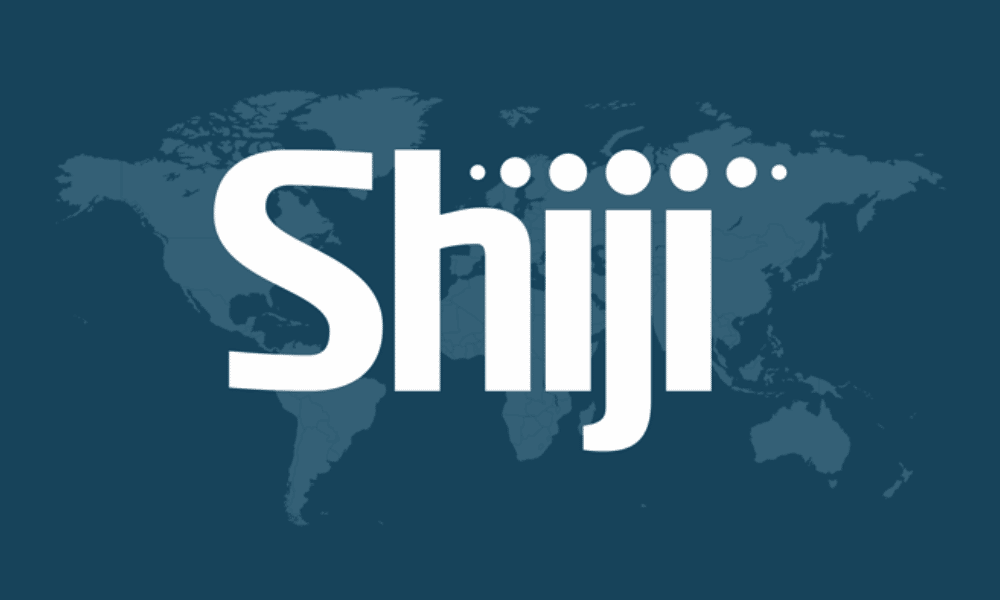Between airport delays, airline cancellations and staff shortages in hotels the travel experience this summer is not what it was pre-COVID, to put it mildly.
So to help everyone improve their travel experience we’ve asked a selection of senior travel industry professionals – who also happen to be frequent fliers too – for their top travel hacks this summer considering all the challenges.
Spencer Hanlon, Head of Travel at B2B travel payments specialists Nium comments:
“When it comes to booking the flight, book departures that are early in the day as delays roll and build throughout the day (especially in continental and domestic schedules); if you are flying to the US consider non-vacation orientated ports of entry to the US in the peak season (i.e. Houston as opposed to Orlando); and go for the airline you have the highest frequent flyer status with, as if there’s a problem they´ll give you priority and quicker access to customer services.
“Meanwhile when it comes to preparing for your journey, go for a backpack over a wheelie case as these are rarely taken off you during boarding. Buy food and drink on the ground before you board or eat before you fly too, as a lot airports either have kiosks closed or huge waiting lines meaning you could go hungry. Think ahead on mobile roaming too, imagine being stuck somewhere you don’t have data access but needing to rebook your flight or call a customer service line that’s not local.
“Finally, should you find yourself facing cancellations or delays, have a good read of your travel insurance to know where you stand and whatever decision you make, make it quick: that one flight that could get you home tonight will sell out in minutes as other passengers realise the same thing.”

Fabián Gonzalez, Co-Founder of Forward_MAD, a luxury tourism event taking place this 4th to 6th of October in Madrid, adds:
“Luxury travellers perhaps don’t have to worry about these problems as much as other travellers do, so wherever you can try to copy that luxury approach to travel. Keep in mind that doesn’t always have to cost the earth.
“For example have you ever considered that no airline bumps first class or business class passengers off the flight? They also always give them priority when it comes to rebookings. Sometimes a business class ticket can be not much more expensive than a normal seat, so those extra euros could make a world of difference in case of a delay.
“When it comes to flying, luxury travel often means long-haul and legacy carrier flights too. These are facing considerably less disruption for a number of reasons – perhaps the most important being that they are the most profitable for airlines, so they’re prioritizing resources towards them. Could this be a travel option for you? The short-haul holiday option might not prove that ‘short’ after all.
“Consider too that luxury often means direct flights too. Here there’s much less disruption for travellers as the risk of lost luggage is smaller and there’s no risk of missing your connection. Often direct flights cost more, clearly, but not that much more and in the current climate that extra cash could be a good investment.
“Finally, never travel without international health insurance. There are a bunch of options in the market, easy to contract, and hopefully you won’t use it. But believe me, it is the service you will miss the most in case of any health problem, and it represents less than 5% of the total budget for an international trip. You have plenty of options to save while travelling, but health should never be one of those savings.”

Neville Isaac, Chief Customer Officer from Beonprice, the revenue management service for the hospitality sector, comments:
“Ultimately everything is about price and everyone values things differently. So ask yourself, what is the value – economic or otherwise – that I am placing on this journey? If there’s a million-dollar deal on the line or you’re attending your child’s wedding, do you really want to put that in jeopardy by arriving the night before? Judging by some of the comments disgruntled travellers have been giving to media, you get the impression that many have been doing just this.
“Think too that every cloud can have a silver lining. In the United States many airlines are offering passengers cash compensation for accepting alternative flights, in some cases as much as $10,000 per passenger. I don’t need to advise you what to do in that situation, but clearly when faced with disruption try and think your way around the situation. Were you that committed to going to your destination anyway? Perhaps there’s a cheaper and more convenient option available on a last-minute booking.”

Matthew Chapman, CTO of travel booking technology provider Vibe says:
“First of all pay by credit – and not debit – card as in most cases that gives you much greater consumer protection: if the service isn’t delivered it is the credit card provider’s responsibility to refund you.
“Second of all keep in mind that the reality is that very few people are having their travel plans actually cancelled outright. Instead what we are seeing are some changes to details – flight times, change of hotel, etc. – and, of course, a whole lot of delays and disruptions.
“It is very important that we all shift and realign our expectations to such a world for the foreseeable future, you´ll feel much calmer for sure. The important thing is you’re still – almost certainly – going on holiday!”

Wolfgang Emperger, Senior Vice President of Europe, Africa, and UK & Ireland from hospitality technology leader Shiji comments:
“For business travellers put aside the whole of the day that you are travelling in your diary as a ‘travel day’ and nothing else: that way you’re not stressed because you are missing an important business meeting scheduled for a few hours after your intended arrival.
“Good luck getting your room cleaned daily too. Instead take the bull by the horns at check in and ensure you get more towels and other bathroom supplies, plus ask for a lot of laundry bags and use those to collect your rubbish and leave it outside your door.
“Likewise be prepared for no room service – or even closed restaurants (call in advance to confirm that) – so stock up at a supermarket or corner store with bottled water and basic snacks.
“Sadly despite paying pre-COVID rates, consistency of service will not return for some time and this is a fact we have to deal with now. But remember that the people we are dealing with at the front line are the ones keeping the system alive. So don’t make them responsible for the situation, they are just trying to help us, so be kind and gentle.”

Alice Ferrari, Founder and CEO of airline API technology provider Kyte adds:
“The majority of flights get booked on travel agency or other third-party platforms because consumers like to compare options and prices. Booking directly with the airline though does have its benefits.
“Whilst they may not always be the cheapest option, the consumer is guaranteed better access to ancillaries such as seat allocation and luggage allowances due to today’s technical limitations for airlines to sell their full content across third parties.
“The best benefit remains the fact that if something goes wrong it is much easier to manage changes. This is particularly the case if you have the airlines’ App on your phone, especially for those airlines who have more advanced functionalities allowing you to self-manage. Contrast that with having to call the hotline of an online travel agency that isn’t really set up for serving you via a call centre. You get the picture.
“This goes back to the technical limitations that airlines and travel sellers have in order to connect and offer an overall flight shopping and management experience to the consumer”

Janis Dzenis, Director of PR for the recently launched flight price comparison website WayAway also says:
“There’s stuff you can do for sure, like look at Flightradar24 to ensure the plane isn’t really massively delayed before leaving for the airport, travel with hand baggage only, arrive early at the airport and buy a lounge pass to relax.
“But most important is to change your attitude to travel, how you react to extreme circumstances ultimately depends solely on you and you pay the emotional price of disappointment (or even, for some, rage!). We’re in the same boat, so go grab a cup of something and breathe deeply.”

Roman Townsend, Managing Director of travel tech PR consultancy Belvera Partners, comments:
“Book via a real-world, real-person travel agent or travel management company (if you’re a business traveller) who gives you a personalised service and that you know will be available – 24 hours a day – to help you in case of any problems, no matter how trivial.
“Accept that this costs more money and see it as an investment in your journey. If you can’t afford that then stay for less days or opt for a cheaper hotel. Or just sit out this holiday and save the money for the next one.
“In addition to being there to help you in the event of delays or cancellations, they are best placed to advise you on which airlines, airports or hotels they are seeing the biggest problems with and thus avoid the problems in advance.”



